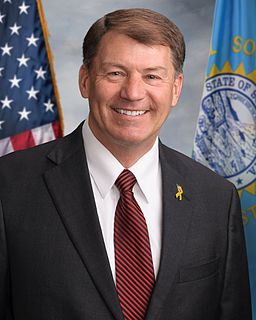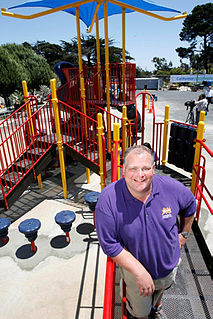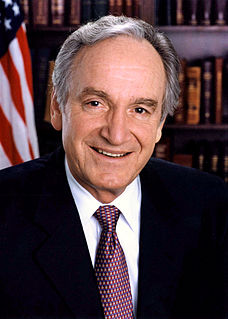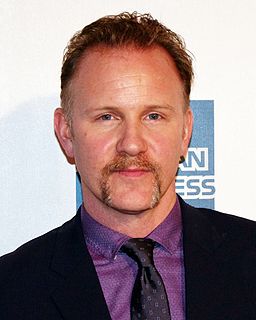A Quote by Tom Vilsack
The rise of childhood obesity has placed the health of an entire generation at risk.
Quote Topics
Related Quotes
The best way to alleviate the obesity "public health" crisis is to remove obesity from the realm of public health. It doesn't belong there. It's difficult to think of anything more private and of less public concern than what we choose to put into our bodies. It only becomes a public matter when we force the public to pay for the consequences of those choices.
If your friends are obese, your risk of obesity is 45 percent higher. ... If your friend's friends are obese, your risk of obesity is 25 percent higher. ... If your friend's friend's friend, someone you probably don't even know, is obese, your risk of obesity is 10 percent higher. It's only when you get to your friend's friend's friend's friends that there's no longer a relationship between that person's body size and your own body size.































